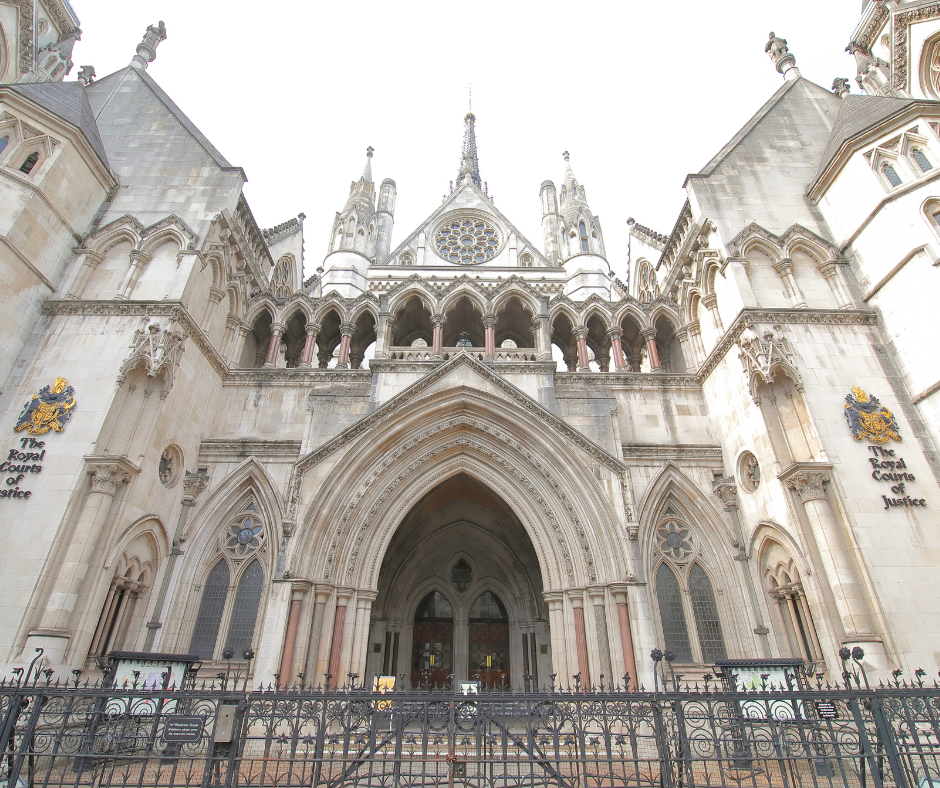
When witness evidence is the most important evidence: BTTJ successfully defend claim at the High Court of Justice
30th March 2023
Our client, a dormant company, were party to proceedings brought by a Claimant’s family for asbestos related mesothelioma, claiming hundreds of thousands of pounds.
The company, (our client), weren’t a big corporate business with a large insurance company behind them – this was now a small family run business, that business having been dormant for decades.
The company installed drylining on large council building projects in the midlands during the 70’s. The Claimant’s claim was that, whilst the company had not used materials containing asbestos, other workers from different trades using asbestos materials had come into the same vicinity as him when the weather was wet. The Claimant had worked for several other employees, but it was only our client whose company had not been wound up and to whom the Claimant could direct any claim.
The employee’s family (who had sadly since died) were represented by Irwin Mitchell.
This wasn’t a case where there was a significant amount of evidence given the historical nature of the claim – the employee being employed by our client for only a small number of sporadic years in the 1970’s and who had worked as a plasterer for many other employers.
Our client firmly denied that the Claimant had ever been exposed to asbestos and we robustly defended the claim on their behalf.
Firstly, our client as the Defendant, had to show ‘just cause’ as to why they should be allowed to defend the claim and judgment not entered automatically, as is often the case in these types of claims.
That hurdle was successfully overcome and we set about obtaining evidence.
One of the main obstacles in this case, was that the period in question was some 40 years ago. There was little by way of documentation. The Claimant obtained expert witness evidence, which was met by our like evidence, but it was the lay witness evidence that won the case; statements from people who worked on these types of sites at the time, who despite being in their late 70’s and 80’s and had long since retired, were able to recount with detail and authority, their account of the working practices of the time.
The matter went to a three-day trial at the Royal Courts of Justice, the King’s Bench Division in February 2023. The matter was before Dexter Dias KC, a Deputy High Court Judge and the claim was successfully defended, the claim being dismissed.
The manner in which the Judge applied his reasoning is fully set out in his judgment. The mechanism in which he sets out how he tackled his decision making in finding of fact is robustly and methodically set out. It is likely to stand as a precedent no doubt will be a case that is cited for many years to come, as to what a Claimant must prove for a claim to be successful in a claim of this nature.
This wasn’t a case won by experts, indeed the Judge considered that both parties’ expert evidence didn’t have any real relevance in this case; it boiled down to the strength of the witness evidence – what people could recall at the time. This a stark reminder to all litigants that all else aside, the chief evidence remains that of witness evidence and the gravitas of that should never be underestimated. Neither should the hurdle of burden of proof! This is key for both Claimants and Defendants.
Lynette Walsh and Kerry Hudson, who conducted the claim on behalf of the Defendants, were delighted and proud to be able to accomplish such a successful outcome on behalf of their clients.
The full Judgement can be found here:- Briggs v Drylined Homes Ltd [2023] EWHC 382 (KB) (24 February 2023) (bailii.org)
If you require any assistance with regards to Personal Injury either as a claimant or defandant please contact our expert team for advice.
